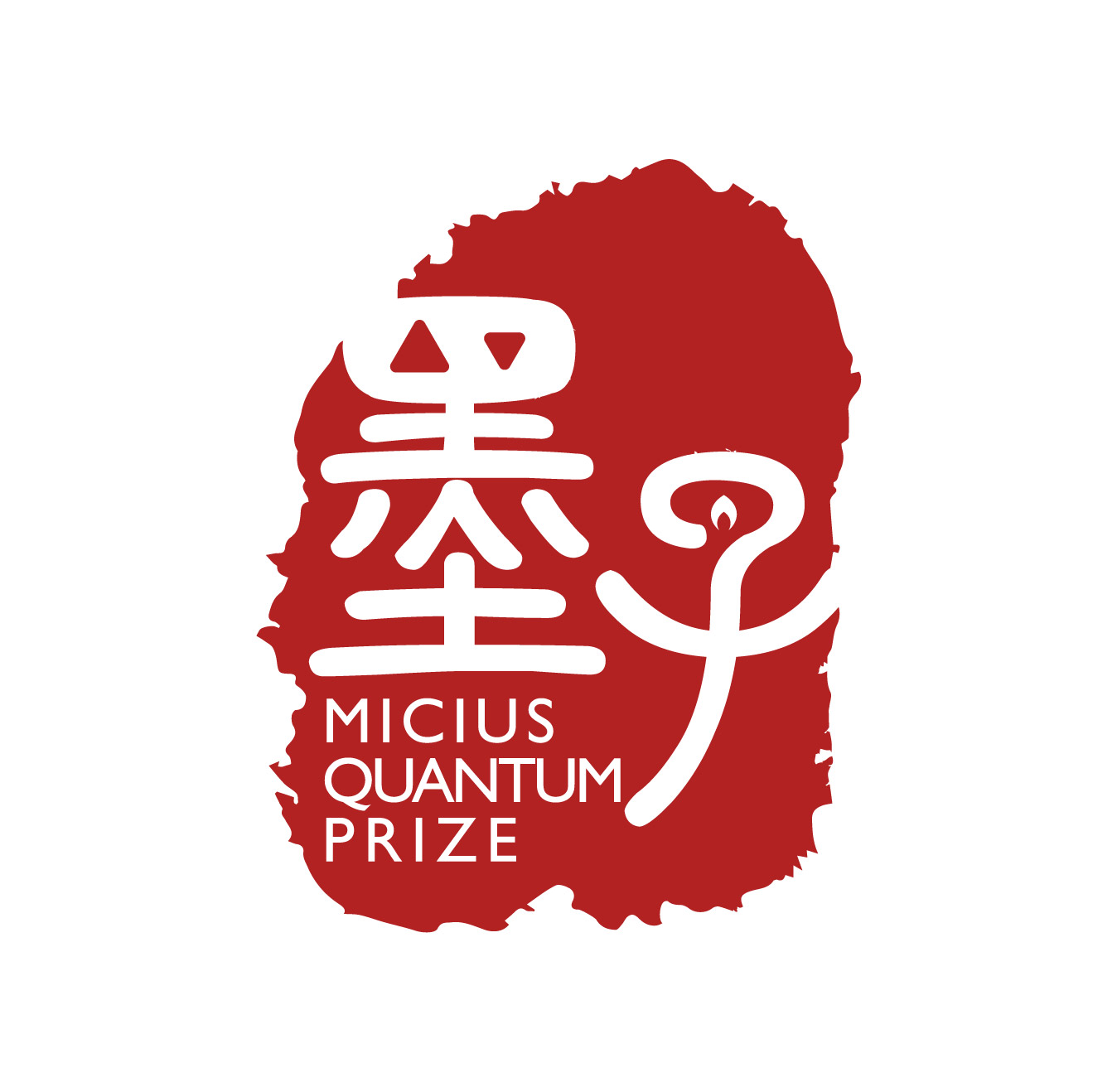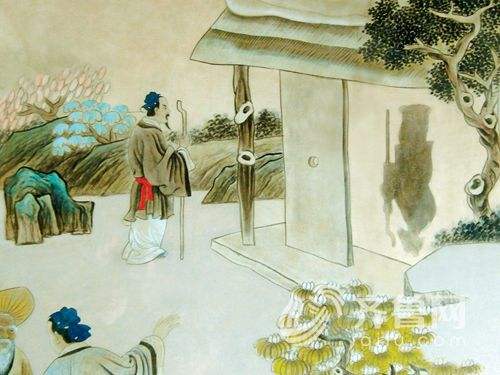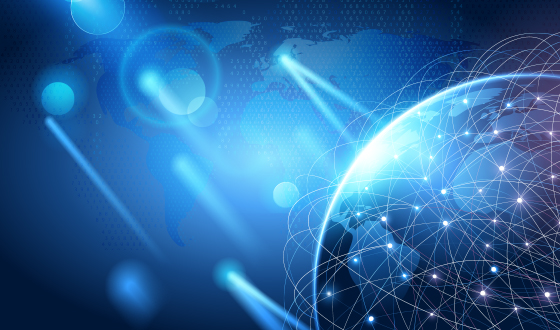Quantum mechanics, discovered in the beginning of the last century, has been an enormously successful theory of the nature, and has led to the development of many of today’s most widely used technologies that completely changed the landscape of our society. In past decades, profound progresses, made both in our understanding of exploiting quantum superposition and entanglement for new ways of information processing and in the experimental methods of coherent control and interaction of individual quantum particles, have given birth to an emerging field of quantum technologies, also known as the second quantum revolution, which moved beyond the first quantum revolution that simply exploited naturally occurring quantum effects. The second quantum revolution has been driving and enabling a new generation of classically impossible tasks ranging from unconditionally secure quantum communications, breathtakingly powerful quantum simulation and quantum computation, to extremely sensitive measurements.



